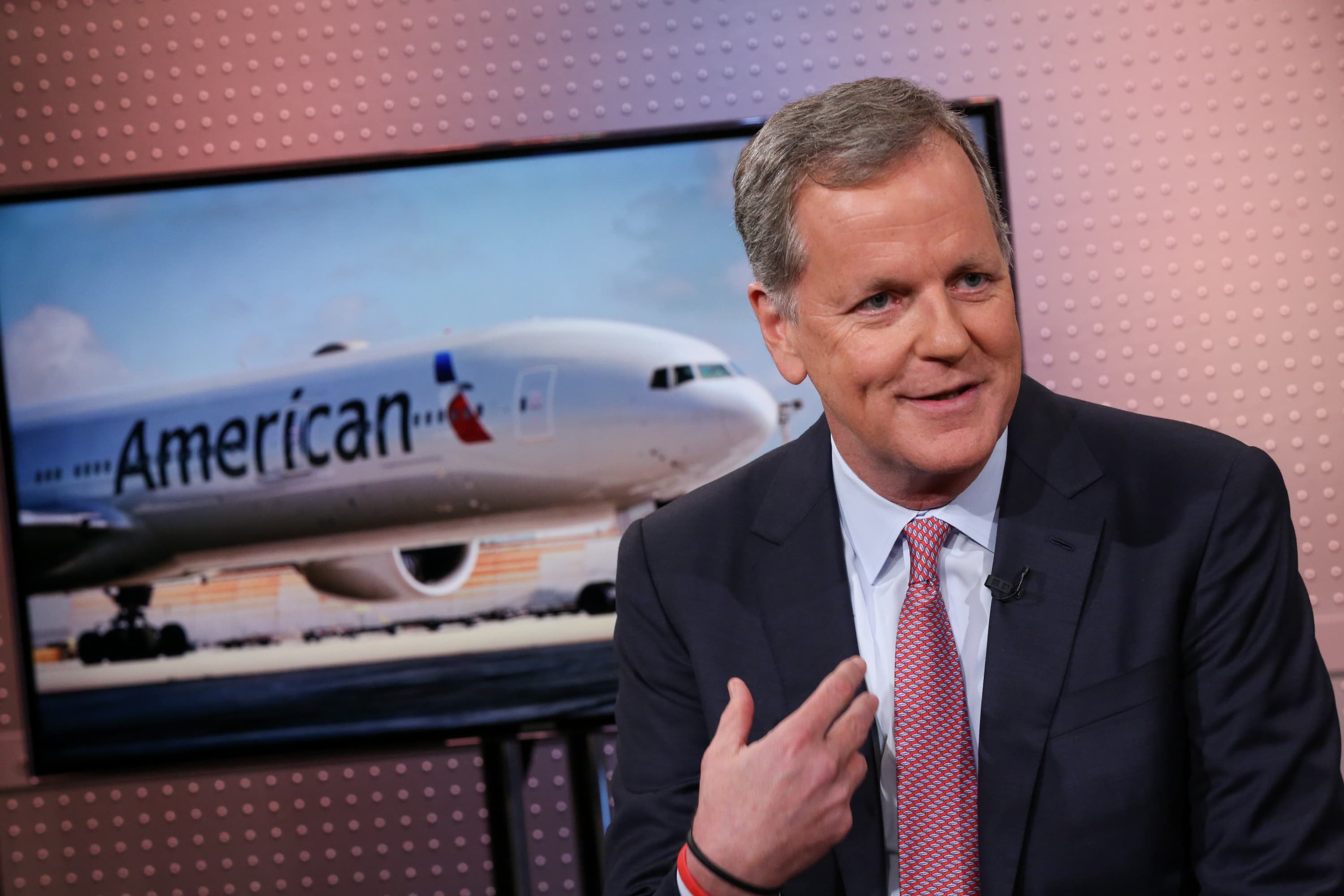This story is available exclusively to Insider subscribers. Become an Insider and start reading now.
- Firms like Tiger Global, Sculptor, and D1 have large holdings of top Chinese stocks.
- Hedge funds have underestimated the risks of investing in China, a geopolitical analyst told Insider.
- However, investors are now realizing why China is a risky bet.
Hedge funds with big positions in Chinese companies will likely be proceeding with caution after the regulatory environment rocked markets over the last week.
The rout, triggered by China's vow to probe the biggest companies in the country that list on US exchanges, wiped $400 billion of value off US-listed Chinese companies, which are mostly tech firms.
Some big-name hedge funds held some of the largest positions in Chinese tech titans at the end of the first quarter.
Billionaire Chase Coleman's Tiger Global Management is a huge investor in China. The $65 billion fund manager's largest holding was JD.com, as of the end of the first quarter, making up just under 10% of its public equities portfolio, filings show. Pinduoduo, an agriculture technology platform, was also among its top 10 holdings, and the manager had a bet of more than $1 billion on Alibaba as well, according to filings. All three stocks have seen double-digit losses this year.
According to reports, Tiger Global remains bullish on China despite taking a hit as a result of the regulatory crackdown. Bloomberg reported the fund holds the largest exposure to Chinese American Depositary receipts out of the top US hedge funds. A spokesperson for the firm declined to comment.
Other firms like Sculptor Capital Management had a $350 million bet on Alibaba and D1 Capital Partners had a stake in JD.com worth more than $1 billion at the end of the first quarter. Sculptor and D1 declined to comment.
While some Chinese stocks have started to bounce back, investors could be rethinking investing in China.
How hedge funds have underestimated risk in China
China's pledge to crackdown on companies trying to go public in the US comes after the US passed legislation, known as the Holding Foreign Companies Accountable Act. The law prohibits trading foreign securities in the US if a company doesn't participate in Public Company Accounting Oversight Board audits in the next three years.
China's secular slowdown in their economy combined with their antagonistic relationship with the US is shaking up financial markets, said Matt Gerken, a geopolitical strategist at BCA Research.
Many hedge funds viewed China as a big opportunity in the wake of Donald Trump's presidency, since the US had changed its tactics in dealing with China. Many hedge funds, he said, believed that the US was going to be more hawkish on China.
"What they saw was that the US was going to be continuing to trade with China, and probably developing a more surgical policy, which meant that you got rid of this headline risk of sweeping broad-based tariffs that could destabilize the global economy."
However, hedge funds underestimated the risk in the country, said Gerken.
"The realization now that is dawning on many investors including hedge funds is that the domestic politics of China are an inherent source of increasing risk today," Gerken added. "It wasn't driven by the US putting pressure on China. In fact, things are taking place in China that are making it more risky to invest in there."
Activist short-seller Carson Block and founder of Muddy Waters Research believes President Xi Jinping is steps ahead and knows that the US will eventually end up delisting companies in China in a few years.
Chinese regulators this week said Chinese companies will be allowed to go public in the US as long as they meet listing requirements. On Friday, the Securities and Exchange Commission announced it will require even more disclosures from Chinese companies looking to register securities. Further, Chair Gary Gensler has asked his staff to "engage in targeted additional reviews of filings for companies with significant China-based operations."
"By the time HFCAA kicks in and authorizes or mandates the delisting, there certainly won't be any Chinese companies left to delist," Block recently told Insider. "I think that's what Xi is trying to accomplish. He's warning companies that IPOs in the US are over, and you better start thinking about how you delist from the US."
Bradley Saacks contributed to reporting on this story.
https://ift.tt/3j5UWsE
Business

No comments:
Post a Comment